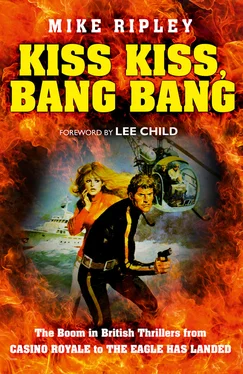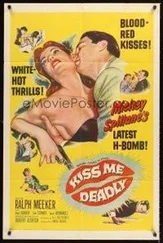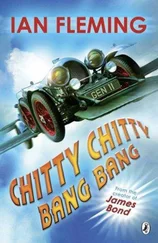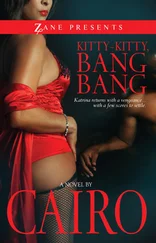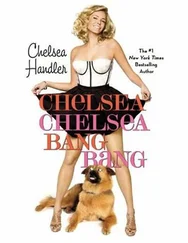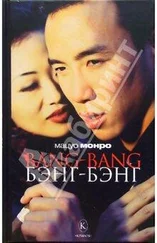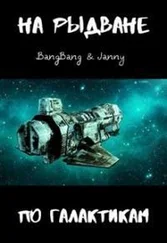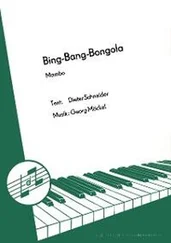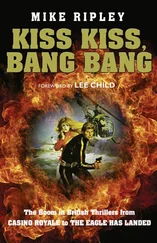Bondo-san, I will now be blunt with you, and you will not be offended, because we are friends. Yes? Now it is a sad fact that I, and many of us in positions of authority in Japan, have formed an unsatisfactory opinion about the British people since the war. You have not only lost a great Empire, you have seemed almost anxious to throw it away with both hands … We will not go deeply into the reasons for this policy, but when you apparently sought to arrest this slide into impotence at Suez, you succeeded only in stage-managing one of the most pitiful bungles in the history of the world, if not the worst. Further, your governments have shown themselves successively incapable of ruling and have handed over effective control of the country to the trade unions, who appear to be dedicated to the principle of doing less and less work for more money. This featherbedding, this shirking of an honest day’s work, is sapping at ever-increasing speed the moral fibre of the British, a quality the world once so much admired. In its place we now see a vacuous, aimless horde of seekers-after-pleasure – gambling at the pools and bingo, whining at the weather and the declining fortunes of the country, and wallowing nostalgically in gossip about the doings of the Royal Family …
It is interesting to note that Tanaka cannot resist needling Bond by reminding him of Britain’s ignominious climb-down over Suez. Clearly it still struck a discordant note with many proud Britons, not the least Ian Fleming, but the most pitiful bungle in the history of the world? Surely the author doth protest too much, but it does have the required effect on Bond who shows his (and Britain’s) mettle in his response:
Balls to you, Tiger! And balls again! … England may have been bled pretty thin by a couple of World Wars, our Welfare State politics may have made us expect too much for free, and the liberation of our Colonies may have gone too fast, but we still climb Everest and beat plenty of the world at plenty of sports and win Nobel Prizes. Our politicians may be a feather pated bunch, and I expect yours are too. All politicians are. But there’s nothing wrong with the British people – although there are only fifty million of them.
Bond’s answer proves him worthy of Tanaka’s trust and Japan’s intelligence secrets: ‘I thought your famous English stoicism might break down if I hit hard enough’ says Tiger, and Bond’s response shows there is ‘still an elite in Britain’ which is clearly capable of a world role.
By the end of the Fifties, a disappearing Empire and obvious relegation from the top table of super-powers had been successfully ignored by British thriller writers. They had created heroes – be they soldiers, secret agents, or private adventurers – who could stand up and be counted whatever villains or the elements could throw at them. They were not standing up to restore the Empire, and often not necessarily for patriotic reasons, but they had the tradition (or myth) of empire-building in their genetic make-up – they were British, decent and honest – and all that meant they were heroes almost by natural selection and their skills could be put to good use in any part of the globe.
Among the adventure writers, MacLean and Hammond Innes were the undoubted pace-setters. MacLean had moved from the wartime settings which had made his early reputation, into a spy thriller with a topical political background (Hungary) in The Last Frontier 7and then explored new territory, literally, with Night Without End set in the frozen wastes of Greenland in 1959; a novel quickly bought by Hollywood for a film which was to have been written by Eric Ambler and starring William Holden, but was never made. Hammond Innes, an inveterate traveller in real-life had criss-crossed the world, or at least the western half, to provide tales of high adventure in Canada ( Campbell’s Kingdom , 1952), Morocco ( The Strange Land , 1954), the stormy waters off the Channel Islands ( The Wreck of the Mary Deare , 1956), 8and then back across the Atlantic to icy Labrador ( The Land God Gave to Cain , 1958) before ending the decade with ‘his best yet’ according to the critics: The Doomed Oasis set in the ‘Empty Quarter’ of Arabia. More at home in Europe (Italy, Switzerland, Holland, and Majorca), Victor Canning was also broadening the horizons of his readers with adventures set in Brazil ( The Man from the Turkish Slave , 1954), on the Red Sea coast ( His Bones Are Coral , 1955), and Somalia in The Burning Eye in 1960. The expert on Africa, though, was a newcomer – Geoffrey Jenkins used the Namib Desert coastline for his debut thriller A Twist of Sand in 1959 and the Mozambique coast for his second, The Watering Place of Good Peace, the following year.
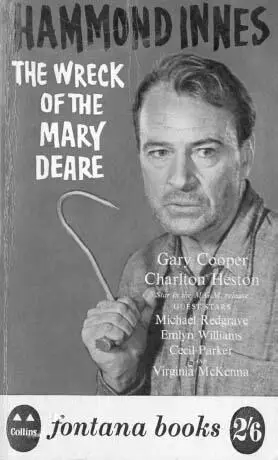
The Wreck of the Mary Deare , Fontana, 1960
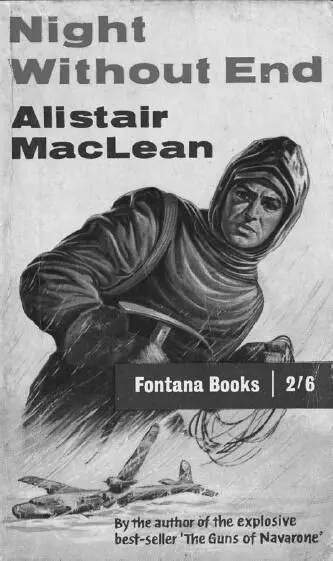
Night Without End , Fontana, second impression, 1962
All these authors, firmly in the adventure thriller market, did very well in the 1950s through sales of hardbacks and book club editions. 9They were to do even better in the 1960s through mass market paperbacks which sold by the millions internationally, in more countries than even those once coloured pink in the Atlas.
The British may have begun to divest themselves of their empire but by the end of the 1950s, British spy fiction, or more accurately spy fantasy, had a clear and unchallenged emperor – Ian Fleming. The nearest rival to Fleming’s James Bond was probably Desmond Cory’s Sean ‘Johnny’ Fedora, who also had the distinction of applying for his licence to kill before Bond did, making his debut in Secret Ministry in 1951. Of Spanish–Irish parentage, Fedora was very much a British hero with a distinguished war record and a very British ‘Dr Watson’ sidekick – Sebastian Trout of the Foreign Office. By 1960, Fedora had appeared in more books than Bond (eleven, compared to seven Bond novels and a collection of short stories) and had taken readers to many an exotic location, from the Himalayas to the Congo to Venezuela on missions initially against ex-Nazis and neo-Nazis, but latterly against the KGB. In theory, Fedora should have been as well-known as Bond in this period – his adventures were well regarded in America and well-reviewed by no less than Anthony Boucher 10who publicly preferred him to 007 – but UK titles such as Johnny Goes East , Johnny Goes North , Johnny Goes West and, you’ve guessed, Johnny Goes South , perhaps made him sound more a competitor to Biggles rather than Bond. (His adventures in American editions had far more exciting titles such as The Swastika Hunt , Overload , and Mountainhead .)
Two new heroes – both very British but spy masters rather than spies or secret agents – came on the murky espionage scene in 1958 and both were to attract strong, if not numerically overwhelming, supporters. Neither was remotely like James Bond, although John Blackburn’s General Charles Kirk did have a secretary called, cheekily, ‘Miss Bond’. The ageing General Kirk, with his war-damaged hand and a phobia about feeling cold, was billed as the Head of Foreign Office Intelligence and he made his debut in A Scent of New-mown Hay . In a nod to the traditions of the genre, Kirk is described in another novel ( Broken Boy ) as looking ‘like one of Buchan’s aristocratic villains, plotting a very low blow against the Crown’. Blackburn’s novels took spy fantasy to the limit, often including elements of supernatural horror and even science fiction and as a result he attained a cult rather than a mass following, though several of the books reflected the development of, and paranoia about, biological weapons of mass destruction. The other leading man (he was far too refined to be labelled anything as common as a popular hero) to emerge was Colonel Charles Russell, of the mysterious and seemingly autonomous Security Executive, created by William Haggard in Slow Burner . The urbane and patrician Russell, who could get on with traitors and his KGB opposite number far better than he could with his own political masters, was of similar mature years to General Kirk – and more the equivalent of ‘M’ than Bond – but not the old warhorse that Kirk was; more a rather superior, very senior, civil servant, which is exactly what his creator was.
Читать дальше
